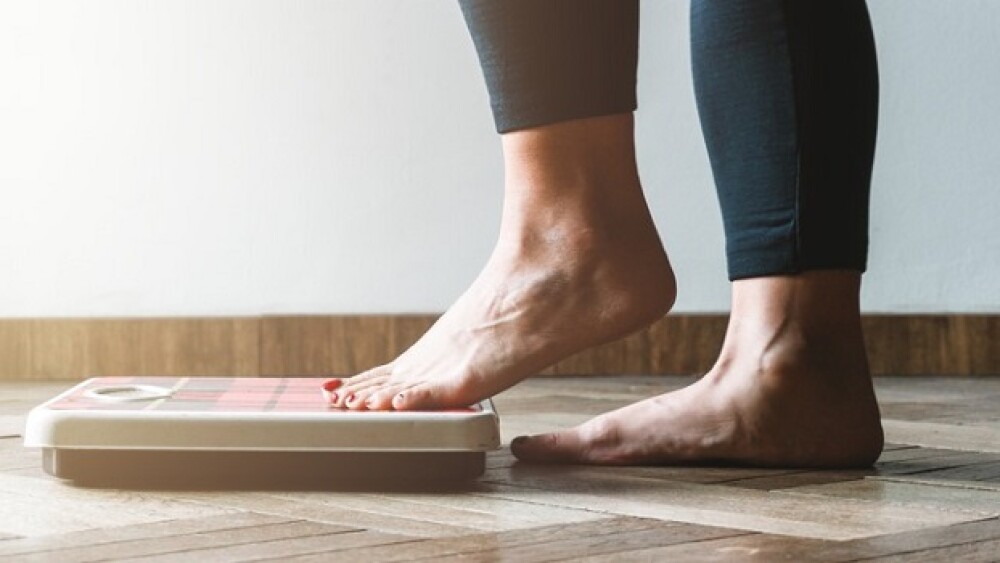9 Meters Biopharma has received notice from the U.S. Patent and Trademark Office (USPTO) allowing its patent for therapeutic NM-136 to treat hyperphagia (extreme hunger) and obesity.
9 Meters Biopharma has received notice from the U.S. Patent and Trademark Office (USPTO) allowing its patent for therapeutic NM-136, which is intended for the treatment of hyperphagia (extreme hunger), obesity and for reducing fatty tissue buildup in body organs.
9 Meters acquired NM-136 in July 2021, announcing that the first planned indication for the drug was for Prader-Willi Syndrome (PWS). PWS affects approximately 350,000-400,000 individuals worldwide and is a genetic multisystem disorder that causes low muscle tone, cognitive deficits and a chronic feeling of hunger. It can lead to excessive eating and life-threatening obesity due to metabolisms that use fewer calories than normal. Some patients face life-threatening gastrointestinal complications from episodes of binge eating.
Targeting hyperphagia in those with PWS is important as it can lead to compounding conditions, and NM-136 promises to do just that. The drug is a long-acting, highly specific humanized anti-GIP monoclonal antibody that prevents the glucose-dependent insulinotropic polypeptide (GIP) from binding to its receptor. GIP is a hormone that is produced by the small intestine in response to eating food, with its main action encouraging the release of insulin in the bloodstream.
GIP is also known to increase the amount of fat in the body by increasing the formation of fat cells. GIP can become overexpressed and increase its concentration when people engage in overeating, making it a prime target for therapeutics hoping to combat the negative effects of excessive hunger. In preclinical models of obesity, preventing GIP binding has significantly decreased weight and abdominal fat by reducing nutrient absorption from the intestine as well as nutrient storage.
“We believe NM-136 has considerable potential in the treatment of a number of metabolic disorders, and we look forward to progressing toward an IND filing,” said John Temperato, president and CEO of 9 Meters. Previous statements from the company have pointed towards a proof-of-concept trial for the drug in 2023.
Soleno Therapeutics is also hoping to tackle hyperphagia in those with PWS. The company announced in March 2022 that it would be evaluating diazoxide choline extended-release tablets (DCCR) in patients with early-phase PWS who are pre-hyperphagic, with the goal to slow or prevent the progression of PWS. Soleno has planned to conduct a multi-center trial in 40 patients in the U.S. to assess if DCCR has the potential to prevent progression to hyperphagia.
Beyond focusing on overeating and the negative impacts of obesity in people with PWS and other metabolic disorders, biopharma companies have been working on innovations to prevent or treat obesity stemming from other causes. In March 2022, researchers announced that programmed death-ligand 1 (PD-L1), typically utilized in cancer immunotherapies, provided protection against obesity.
Other researchers have turned to genetically engineering a kill switch for gut bacteria to self-destruct after serving its intended purpose, which reportedly has been used to treat obesity. Researchers have also been excited about the prospect of the role the immune system plays in obesity, including dysfunctional macrophages, which could one day be a target of therapeutics.
Furthest ahead in the battle against obesity may be Rivus Pharmaceuticals. The company recently announced positive data from its Phase IIa clinical trial for therapeutic HU6, which showed significant fat reduction and weight loss in patients struggling with obesity. The company is expected to file an Investigational New Drug application this year and conduct a Phase IIb trial exclusively in patients with Type II Diabetes.





